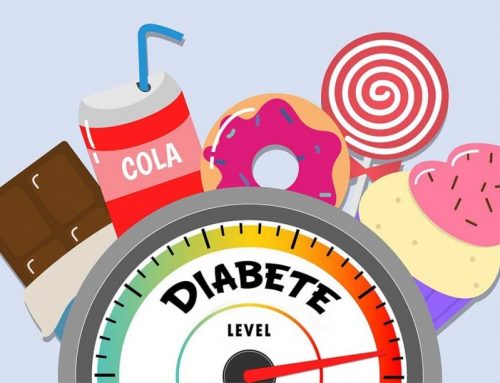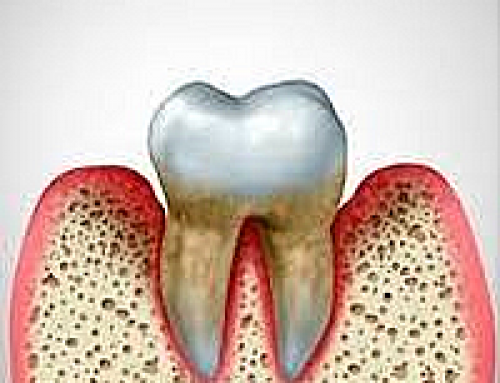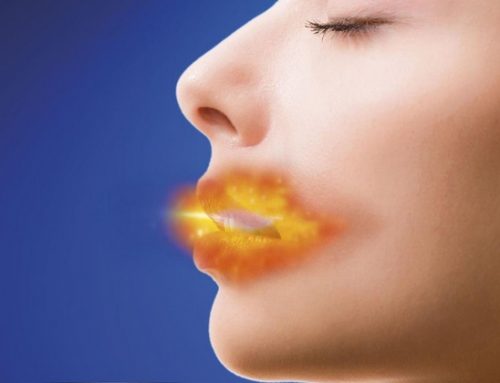Guglielmo Campus & Fabio Cocco & Giovanna Carta & Maria Grazia Cagetti & Charlotte Simark-Mattson & Laura Strohmenger & Peter Lingströ
Abstract
Objectives – A double-blind, randomised, placebo-controlled clinical trial was performed to validate the hypothesis that the use of lozenges containing Lactobacillus brevis CD2 (Inersan®,CDInvestmentssrl)mayreduceplaquepH,salivary mutans streptococci (ms) and bleeding on probing, during a 6week period, in a sample of high caries risk schoolchildren. Methods A total of 191 children (aged 6–8 years), presenting twotothreecariouslesionsandasalivarymsconcentrationof ≥105 CFU/ml, were enrolled and divided into two groups, an L.brevisCD2lozengegroupandanoL.brevislozengegroup, andexaminedatbaseline(t0),after 3 weeks(t1),after 6 weeks of lozenge use (t2) and 2 weeks after the cessation of lozenge use (t3). Plaque pH was assessed using the microtouch techniquefollowingasucrosechallenge.Theareaunderthecurve (AUC5.7 and AUC6.2) was recorded. Salivary ms were counted, and bleeding on probing was assessed.
Results – At t0, the plaque-pH and ms concentration values were similar in both groups. Mean areas (AUC5.7 and AUC6.2) were significantly greater in the control group at t1, t2 and t3. L. brevis CD2 lozenges significantly reduced salivary ms concentrations and bleeding. The subjects from the testgroupshowedastatisticallysignificantdecrease(p=0.01) in salivary ms concentration. At t2, a statistically significantly lowerbleedingvaluewasrecordedinthetestgroupcompared with the control group (p=0.02). Conclusions Six weeks’ use of lozenges containingL. brevis CD2 had a beneficial effect on some important variables related to oral health, including a reduction in plaque acidogenicity, salivary ms and bleeding on probing. (Trial Registration Number NCT01601145 08/21/2012).








Scrivi un commento
Devi accedere, per commentare.